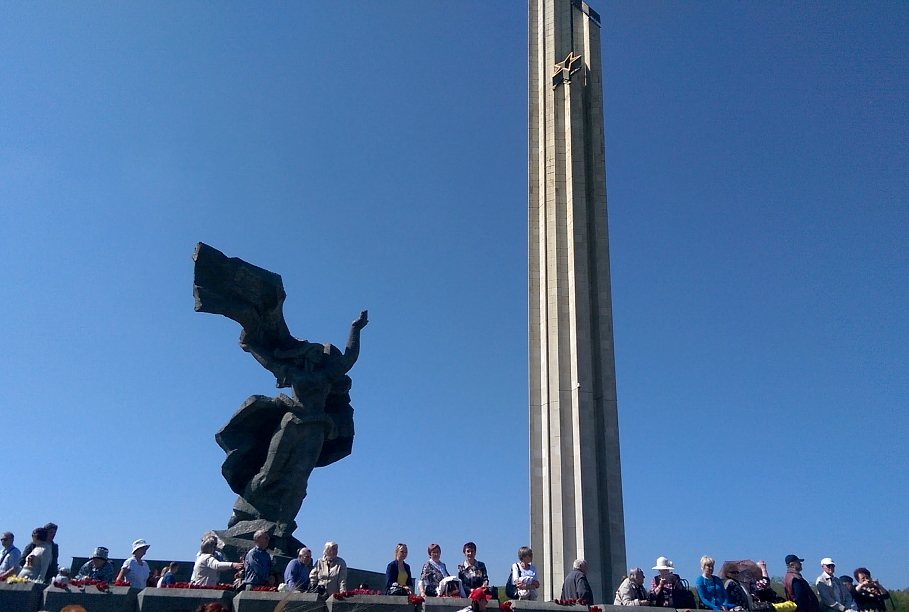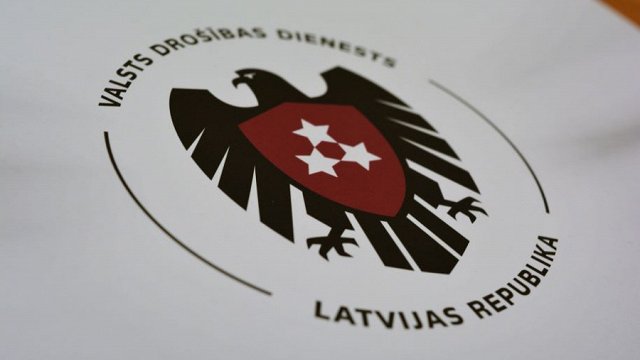Ruks on Wednesday participated in the meeting of the committee on mandates, ethics and outlined his initiative about the recreation of a 'Victory Square' concept from the 1930s.
The online petition initiative has been signed by more than 10,000 citizens, the minimum threshold for submitting any public initiative to the parliament as a collective legislative initiative, therefore the lawmakers are obliged to at least discuss it.
The parliamentary committee agreed to seek opinions from the Riga City Council and the Latvian Foreign Ministry on the subject. It was suggested during the meeting that the Culture Ministry also should be asked to give its opinion on the initiative.
In the explanatory statement to his initiative, Ruks and his associates underlined that the Victory Square in Pardaugava, the part of Riga on the left bank of the River Daugava, where the Soviet Victory Monument was built in the 1980s was originally dedicated to the Latvian armed forces’ victory over General Bermont-Avalov’s German-Russian monarchist troops in 1919.
The square was named Victory Square to celebrate the victory of the freshly-independent Latvian state and therefore it is not appropriate to have there a monument dedicated to the Soviet army’s victory in World War II, Ruks said.
He called on the parliament to take action to recreate the original Victory Square and to grant a subsidy, start a fundraising campaign or seek a compensation from Russia in order ”to remove the memorial to the Soviet army” from the Victory Park.
Riga’s Russian-speaking residents flock to the Victory Monument on May 9 each year to remember the Soviet army’s victory in World War II, while ethnic Latvians tend to perceive the memorial as a symbol of the lasting occupation of Latvia by the Soviet Union.
The moving of Soviet era monuments is consequently a sensitive topic, as shown by riots that took place in the Estonian capital, Tallinn, when the government decided to move a statue of a Soviet soldier from the city center to a military cemetery.





























